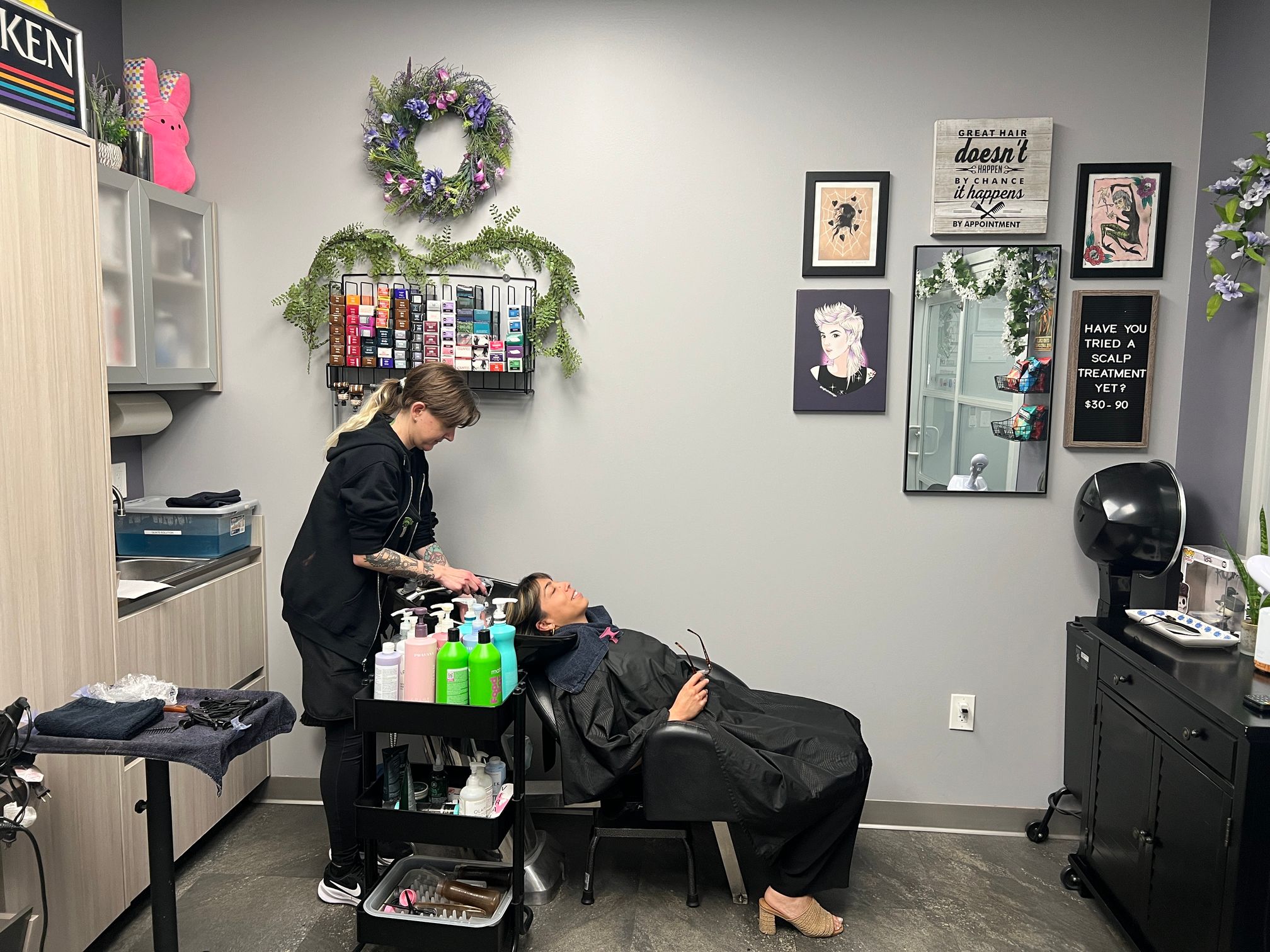It’s never been easier to start a media business.
People consume digital media more than ever before with it being convenient for people to produce content from anywhere in the world. And with the rise of new mediums from audio to visual storytelling, the traditional written story may never be told the same way again.
But it is still a difficult time to be the founder of a small media startup in 2021 making a name for your business in a crowded industry. Major media outlets like CNN and The New York Times dominate the market. So it is up to these aspiring startups to challenge the giants in staying relevant as new technology mediums and innovative ideas continue to advance the industry further.
The Arthur L. Carter Journalism Institute at NYU’s M.A. in American Journalism program taught graduate students in the Fall 2020 semester a unique twist on the media business. The New Media Startups and News Innovation class had students learn how to cover media businesses from varied industries while also going into the day-to-day life as a media business founder looking to grow.
Through dissections of different media startups and others enrolled in the StartED accelerator program, the journalism students analyzed their business plans, market strategy, customer base, financing, and revenue stream among other points.
All of which is valuable information that is used in evaluating the potential success or failure of each company. And important details in writing a business profile story.
NYU professors Jonathan Harber, a ‘recovering serial entrepreneur’ as he puts it, and Emily Canal, a senior reporter a Business Insider covering entrepreneurship, instilled valuable advice in class. Mainly a set of guidelines they swear by on how to understand a media business and what to look at when covering one titled the four P’s – the problem, people, progress, and product. By making sure all were covered would prove to be a successful business story.
Each class presented a new challenge to be covered since each startup held a unique business plan. From Kamua, an AI powered social media video service, to dotLA, a Los Angeles business focused news website, to Readocracy, a data reward and learning internet browser extension which recommends new content to users – each different media startup brought a refreshing new technology or plan to be covered in a story.
“The broad diversity of startups we had was apart of the opportunity to experience a variety of pitches from different founders which helped students to be more discerning,” says Professor Harber. “We wanted students to walk away with the ability to distinguish startups in a compelling way but also to make them interesting.”
And each week of class was another new business meeting among colleagues. Alongside the class and startups, Professor Harber and Professor Canal brought in many experts the industry. From venture capitalists looking to invest in the next unicorn to experienced business reporters covering the industry, each class allowed the journalism students to experience the landscape firsthand. “I think the startups that are solving a problem that makes sense and can be clearly articulated are the successful ones,” says Professor Canal.
Startup founders went through elevator pitches to potential investors, such as Readocracy founder Mario Vasilescu pitching his business to Politico CEO, Patrick Steel. While other classes had the students ask questions to entrepreneurs on their personal journey, such as one featuring Daymond John, the businessman founder behind Fubu and investor on ABC’s Shark Tank.
Different media businesses were more well equipped than others, especially ones solving a problem relevant to trends in the industry today. And students were prepared for any situation with a startup by asking sometimes pressing or difficult questions to founders that come up in business journalism.
“It’s important to approach a business profile by being able to understand the constructs of a startup from the founder perspective,” says NYU journalism student Robyn Huang, who pinpointed angles in her stories from the inner workings of each founder. “We were peeling away the layers on why the business was started.” This not only helped the class but the startups as well as they took advice as they prepared to scale up their small business in accelerator programs to larger audiences such as VCs.
Business savvy or not, learning from founders and experts in the industry about what makes a media business successful helped the NYU students along their path in journalism. Understanding a company’s valuation number or revenue stream is important in a business story – but knowing the personal tale behind a founder is what makes for an even stronger one.


